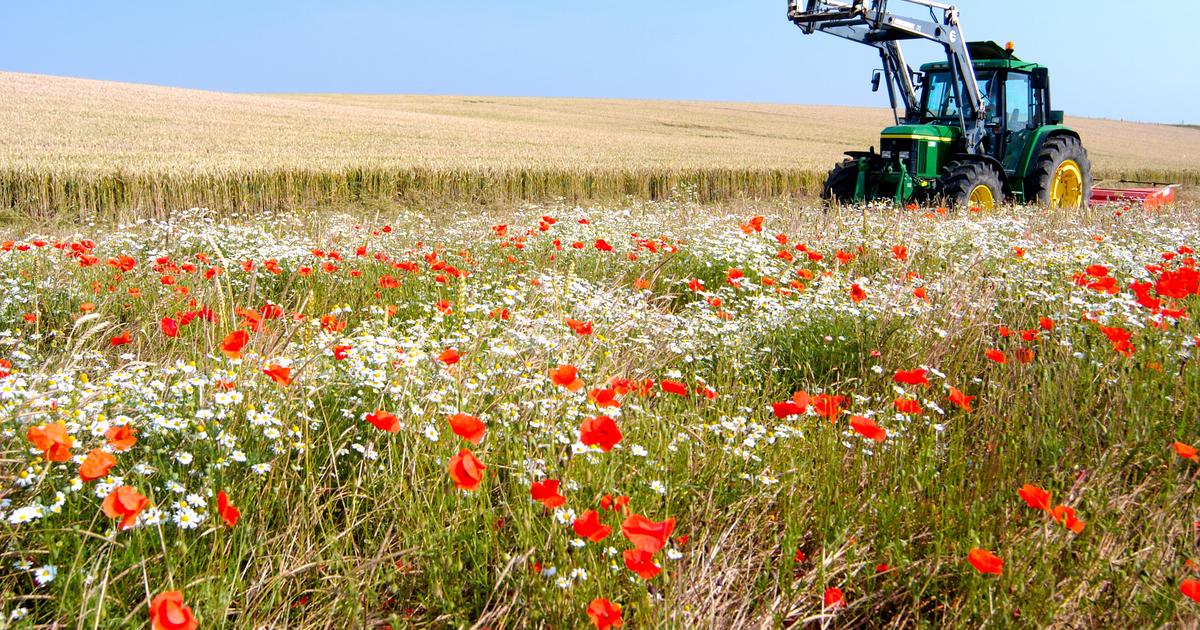The European Commission adopted this Tuesday for the year 2024 a partial exemption from the fallow obligations provided for by the Common Agricultural Policy (CAP), a key demand of recent agricultural protests.
To receive aid from the new CAP, which came into force at the start of 2023, farmers must normally respect agro-environmental criteria, in particular leaving at least 4% of arable land fallow or non-productive areas (hedges, groves, ponds, etc.).
According to the decision published in the Official Journal of the EU, farmers will be able to receive aid if they reach at least 4% by adding not only any fallows and non-productive areas but also intermediate or nitrogen-fixing crops (lentils, peas…) without the use of phytosanitary products.
This relaxation, valid only for this year, follows a complete exemption from the fallow obligation decided in 2023.
Farmers will be
“subject to fewer restrictions on how they use arable land, and this will limit income losses, while ensuring certain environmental benefits”
, since the practices listed support
“soil health and biodiversity”
while fixing nitrogen and carbon, specifies Brussels.
The Commission had initially proposed a threshold of 7% at the end of January instead of the 4% finally adopted.
“There have been some changes following negotiations with member states, the logic being to offer more flexibilities to our farmers
,” explained a spokesperson for the European executive, Olof Gill, on Monday.
Also read: Why, even within family, do farmers have so much difficulty transmitting
Key claim
Exemption from fallow obligations was demanded by some farmers during the major demonstrations which broke out in several European countries in January.
Following soaring fertilizer costs and market disruptions caused by the war in Ukraine, along with
"extreme weather episodes"
,
"farmers are finding it difficult to meet the obligation to devote a share of arable land to non-productive elements"
, which
"can have a significant impact on their income and jeopardize the viability of their activities"
, recognizes the Commission.
But the lowering of the threshold from 7% to 4% for land developed in such a way as to preserve biodiversity had irritated certain Member States who had spoken out against the Commission's modified proposal during a vote on Friday.
While the initial proposal constituted a
“compromise between economic interests of farmers and the need for increased protection of biodiversity”
, the proposed modification
“went in the other direction (...) We must not resolve a crisis to the detriment on the other
,” denounced the German Minister of Agriculture Cem Özdemir (Green).
The modification led Germany to abstain, while Italy voted against, in unison with three other countries, according to a diplomatic source, making any qualified majority among the Twenty-Seven impossible.
In the absence of approval among the Member States, the Commission had the possibility of deciding on its own.

